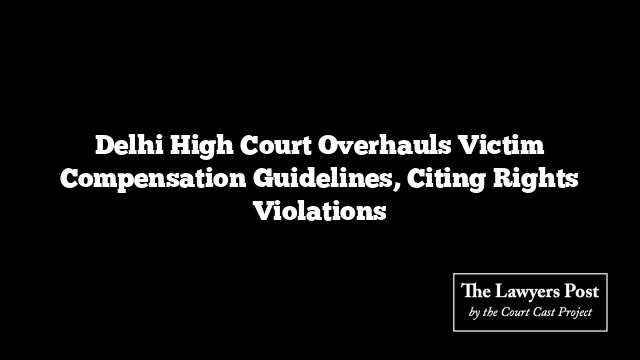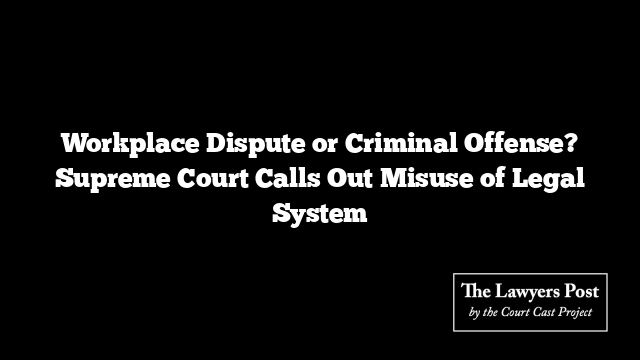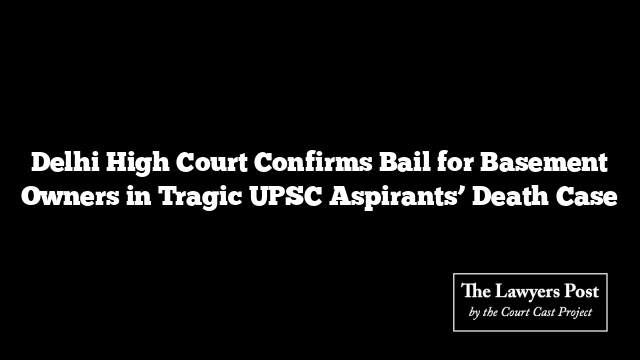In a pivotal decision, a five-judge bench of the Delhi High Court has invalidated earlier guidelines issued in 2020 for assessing and awarding victim compensation under Section 357 of the Criminal Procedure Code (CrPC). The court emphasized that these guidelines encroached on constitutional and statutory rights of accused individuals, sparking a significant shift in the procedure.
The now-nullified guidelines mandated the Delhi State Legal Services Authority (DSLSA) to prepare Victim Impact Reports (VIRs) for trial courts post-conviction. However, delays in completing these reports caused sentencing bottlenecks, leaving convicted individuals in prolonged detention and unable to pursue appeals or bail applications.
The bench, consisting of Justices Rekha Palli, Prathiba M Singh, Subramonium Prasad, Saurabh Banerjee, and Manoj Jain, clarified that victim compensation falls exclusively within the trial court’s purview. The DSLSA, it ruled, cannot conduct inquiries or determine compensation—a role the legislature did not intend for the body.
“The requirement for the DSLSA to determine compensation effectively grants it authority beyond its mandate,” the court observed. Nevertheless, trial courts can seek DSLSA’s assistance when deemed necessary.
Addressing concerns about self-incrimination, the bench ruled that asking an accused to provide a detailed affidavit of assets and liabilities violates protections under Article 20(3) of the Constitution. While basic financial disclosures for sentencing purposes are permissible, such information must not expose the accused to potential misuse by investigative agencies.
Delays stemming from the previous guidelines were also a focus of the court’s critique. “Prolonged detention of convicts awaiting sentencing orders infringes on their fundamental rights, including the right to a speedy trial,” the bench noted.
The court has now tasked trial courts with adopting a victim-centric approach, balancing the rights of victims and accused persons while ensuring efficiency and fairness in delivering justice.
This decision redefines the framework for victim compensation in Delhi, reaffirming judicial boundaries and constitutional safeguards.





